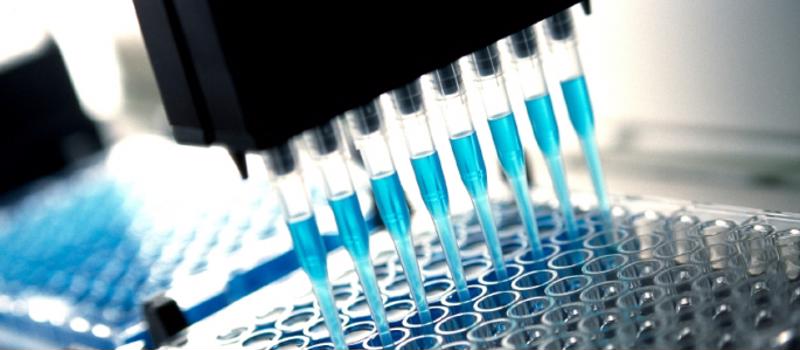A class action claim has been filed against a biotechnology company that allegedly violated federal securities laws for nearly a year by misleading investors about certain operations.
The securities class action suit was filed against Celladon Corporation in the U.S. District Court for the Southern District of California on behalf of shareholders who invested in the firm during the class period between July 7, 2014 and June 25, 2015. The company and some of its directors and officers were accused of breaches of the Securities Exchange Act of 1934 by making materially false or misleading statements about Celladon’s business prospects.
 The first MYDICAR trial was small, and its results couldn’t be replicated on a larger scale.
The first MYDICAR trial was small, and its results couldn’t be replicated on a larger scale.The biotechnology firm works in developing cardiovascular gene therapy. Celladon’s lead assets target a family of enzymes that play a crucial role in regulating intra-cellular calcium. Calcium dysregulation is the cause of a number of health-related issues, such as heart failure. Celladon’s MYDICAR uses gene therapy to target one of those aforementioned enzymes, SERCA2a, which becomes deficient in patients with heart failure. It is MYDICAR, the company’s lead asset, that is at the center of the class action complaint against the biotechnology firm.
Second MYDICAR trial fails to live up to expectations
MYDICAR was put through two trials, CUPID1 and CUPID2. The complaint alleges that, following the former trial, investors were led to believe that the latter would produce similar, positive results. What the company and its executives did not tell shareholders, was that the CUPID1 trial was limited in size, and thus was not indicative of how CUPID2 would eventually turn out. Additionally, it was not shared that the company’s very existence was tied to the results of the CUPID2 trials, something the defendants were allegedly aware of.
“The company’s existence was tied to the results of the CUPID2 trials.”
The company issued a press release on April 26, 2015, explaining that the CUPID2 trial did not meet expectations, according to the class action complaint. Following the announcement of the failed trial, stock prices in the company dropped 80 percent, or $11.64 per share, to close at $2.64 per share on April 27, 2015.
More trouble following CUPID2 trial
Just over a month later, on June 1, Celladon issued another press release announcing the sudden departure of defendant Krisztina M. Zsebo, formerly CEO of the company as well as a director. Then, on June 26, another announcement detailed the biotechnology firm’s plans to suspend any further research or development in its MYDICAR program, as well as any other pre-clinical programs. The idea that the company may be liquidated with net cash available to shareholders of $25-$30 million was floated. On this news the price of stock in the company dropped further, $0.85 per share to close at $1.35 per share on June 26, 2015, representing a drop of 38 percent on a volume of 9 million shares.
For more information on this case or other class action litigations, please contact Adam Foulke at 203-987-4949or info@battea.com.
